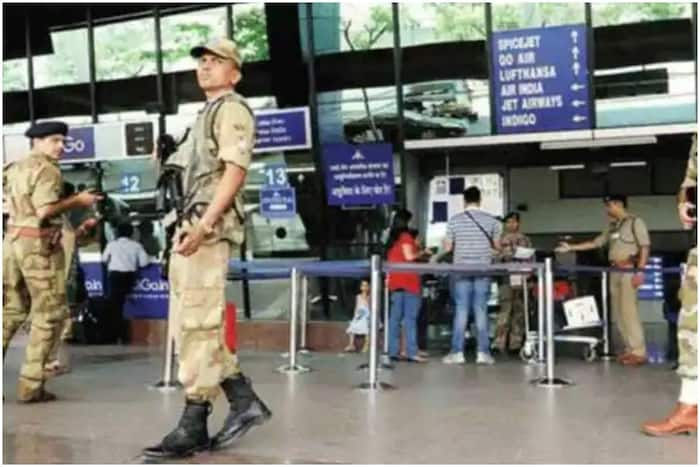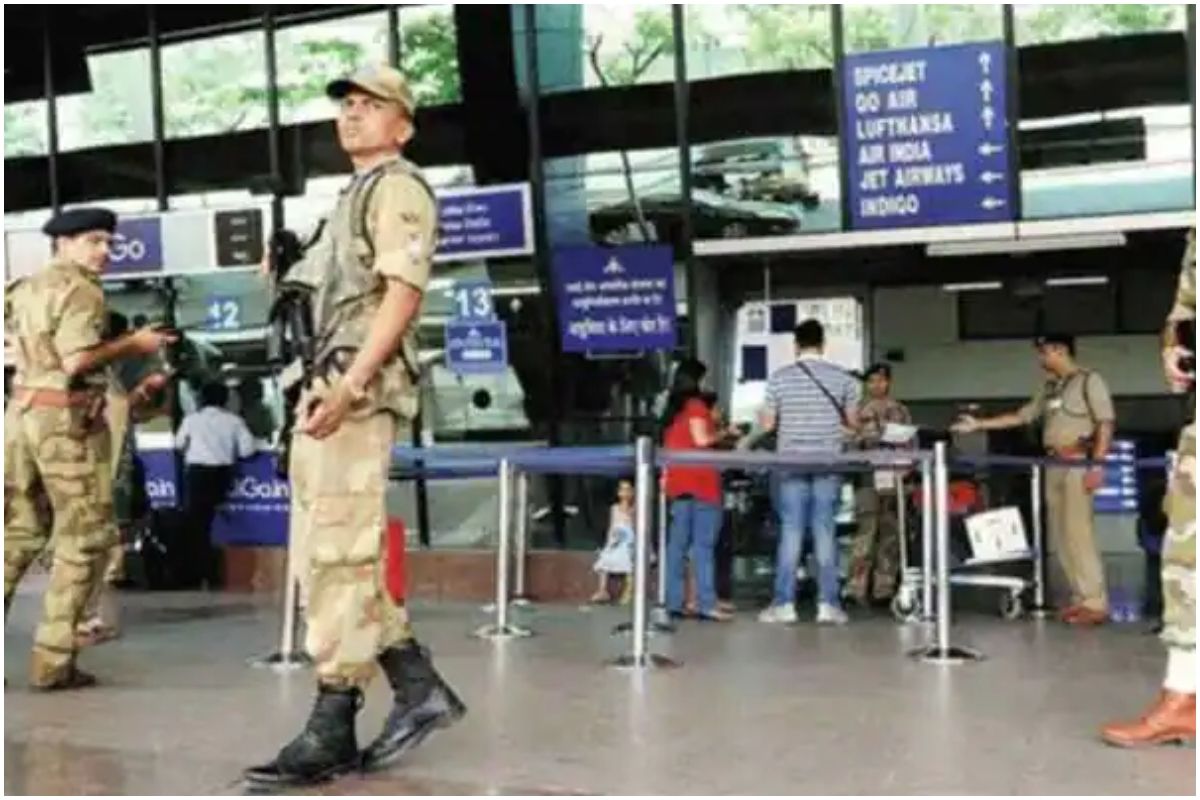The Central Industrial Security Force (CISF) has begun acclimatization training for 140 personnel expected to be deployed at the Parliament entrance.

New Delhi: The Central Industrial Security Force (CISF) on Tuesday initiated the acclimatization training of its 140 personnel who are soon going to be deployed at the Parliament entrance. Officials informed, “It is expected that the CISF may be deployed at the Parliament from the upcoming Budget Session beginning on January 31.”
Expertise Of CISF Overseeing the Parliamentary Security Breach
With this major step, the CISF will get a fresh deployment at the Parliament entrance, given its proven expertise in access control, frisking, and scanning at airports across the country, Delhi Metro, and vital installations, including monuments with high footfall.
This major step comes months after the Winter Session of Parliament held in December last year that witnessed a serious security breach that took place in the Parliament, where two people jumped into the Lok Sabha chamber from the visitor’s gallery and pump yellow smoke from canisters fitted in their shoes during following which eight security personnel were suspended.
Following the incident, the CISF was given “in principle” approval from the Ministry of Home Affairs (MHA) to conduct a joint survey of Parliament premises for its “regular deployment.
Key Strengths Of CISF
The CISF currently responsible for protecting 358 establishments across the country and is also engaged in VIP security. It is also offering security consulting to various entities.
The final approval of the CISF security deployment plan will come from the Lok Sabha secretariat, which oversees the security of Parliament premises.
As of now, the security agencies involved in guarding Parliament are the Parliament Security Service, Delhi Police, the Central Reserve Police Force (CRPF), and the Parliament Duty Group.
The expertise of CISF in managing access control, frisking, and screening of baggage and articles at airports, metros, and crowded public monuments suggests it is considered as the most capable and reliable force for these tasks, though it’s not explicitly stated whether it will replace any existing agency.
The CISF also has expertise of all the modern gadgets for access control and screening, for which an immediate need is being felt after witnessing the mishappening that took place on December 13.
Major Security Circles Of CISF
The CISF came into existence in 1969 to provide integrated security cover to certain sensitive public sector undertakings with a strength of only three battalions. The force has since grown into a elite multi-skilled organisation with a presence of 1,77,075 personnel.
The CISF at present provides security cover to 358 establishments across the country. The CISF also has its own fire wing, which provides services to 114 of the above establishments.
The Central Industrial Security Force (CISF) plays a crucial role in securing India’s critical infrastructure, encompassing nuclear installations, space facilities, airports, seaports, and power plants. Additionally, the force is entrusted with safeguarding significant government structures, iconic heritage monuments, and the Delhi Metro.
Extending beyond traditional security measures, the CISF also has a specialized VIP security division, offering complete protection to various key dignitaries. Following the 2008 Mumbai terror attack, the CISF’s responsibilities extended to include providing security coverage to private corporate establishments too.
Adaptable to evolving security threats, including terrorism, the CISF stands well-prepared to respond effectively to any potential threat. Serving as the sole Central Armed Police Force with daily public interactions in airports, the Delhi Metro, and iconic landmarks, the CISF prioritizes a balanced approach, combining strict security protocols with a people-friendly demeanor.
(With input from agencies)

